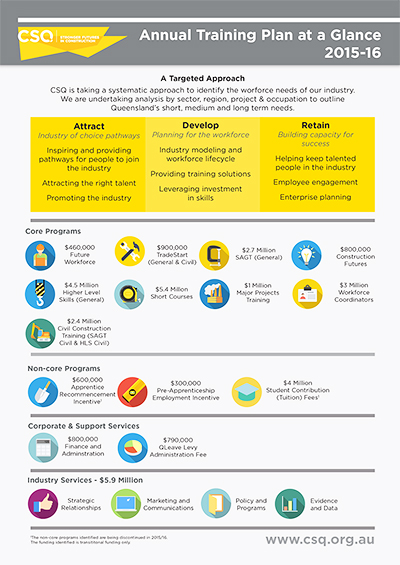HealthcareLink innovates medical recruitment
AUSTRALIA’s first onlinehealthcare recruitment platform,Healthcarelink.com.au, is experiencing rapid growth in the number of jobseekers and employers joining its platform over the past year.
HealthcareLink’s founder and CEO, Kopi Nadarajah said the platform had attracted more than 7000 healthcare and medical professionals searching for jobs, with over 3600 registering since September 2014. 
He said the niche online job platform is the first of its kind in Australia, allowing healthcare jobseekers to create online profiles, apply for jobs and even be headhunted by employers.
“We’re ecstatic about how both employers and jobseekers in the industry have responded to our service,” Mr Nadarajah said.
“Employers have more choice as to how they want to look for and hire new staff, and healthcare professionals know they can find the most number of healthcare jobs on our platform.”
Employers seem equally attracted to HealthcareLink’s open and transparent approach to medical recruitment, enjoying the simple and direct approach to posting jobs and searching for suitable candidates using the platform’s unique search functionality. There are more than 1300 employers on the platform, with more than 1200 since September 2014.
According to a report from professional services firm McKinsey & Company, online job platforms are set to deliver up to $28 billion to the Australia’s Gross Domestic Product (GDP) by 2025.
HealthcareLink’s Mr said with this increasing support for its open approach to recruitment, HealthcareLink has brought out an innovative new service to its platform called ‘Referral Rewards’.
New to the healthcare and medical industry, HealthcareLink’s Referral Rewards service aims to give employers increased choice in how they find the best suitable candidates. Employers agree on a price with HealthcareLink and can request the entire HealthcareLink network to refer suitable potential candidates. If selected, the referrer is rewarded with the agreed amount.
“Referral rewards is offered in a number of other industries, so why should healthcare lag behind?” Mr Nadarajah said. “Vacancies in Australian healthcare affects the whole community, and that’s what HealthcareLink is about – increasing the efficiency in filling vital gaps in our community.”
ends

 How to resolve AdBlock issue?
How to resolve AdBlock issue? 





